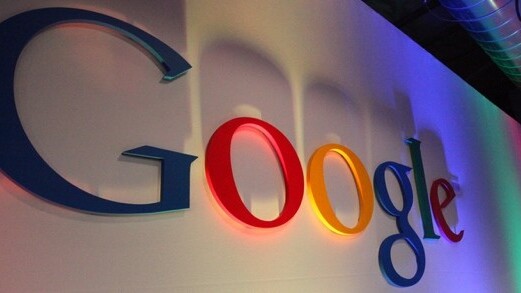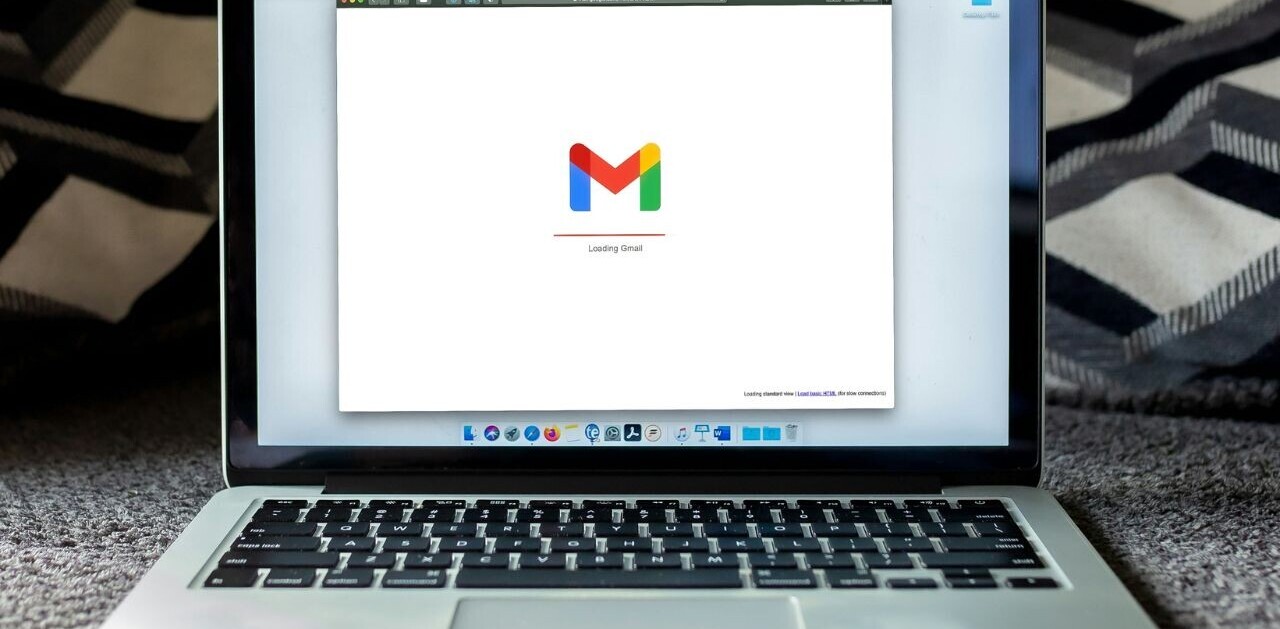
Google has just announced that it has updated its search algorithm to promote the latest relevant results where it makes sense to do so.
The company explains “Given the incredibly fast pace at which information moves in today’s world, the most recent information can be from the last week, day or even minute, and depending on the search terms, the algorithm needs to be able to figure out if a result from a week ago about a TV show is recent, or if a result from a week ago about breaking news is too old.”
35% of searches should be affected, Google says. These include, recent events or hot topics; regularly recurring events, and topics that are frequently updated (such as ‘the best Digital SLR camera’.
As the image below shows, when Google determines that displaying the latest results is the best option, it will show them in order of time posted.
The move follows last year’s introduction of a new indexing system called Caffeine which improved the speed at which Google can crawl the latest content on the Web.
Google has been wrestling with the problem of ‘freshness’ for some time. It was discussed in a 2007 New York Times article, in which a part of Google’s algorithm called ‘Query Deserves Freshness’, or ‘QDF’ was discussed. This has been used in search engine results for some time (more about how it used to be triggered here). Today’s update appears to leverage QDF in a new way.
Get the TNW newsletter
Get the most important tech news in your inbox each week.





